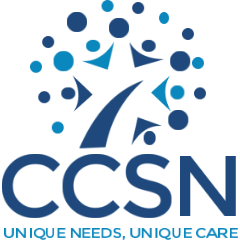
Reading only matters if you can understand what you read. For some children with developmental disabilities, they may be able to read the words and sentences accurately and fluently, but without actually understanding what they have read. Understanding what you read leads to enjoyment of books and success across academic areas. It is also essential in our advanced world where the written word opens doors.
There are a few basic reading comprehension skills all children need:
- Answering who, what, when, and where questions
- Identifying a central or main idea
- Making predictions and conclusions from the clues in the text
Here are a few fun ways to build these skills with your child:
- Play the 20 questions game: Think of an animal in your head. Have your child ask yes/no questions that narrow down the answer. For example, “Does your animal live on land?” “Can your animal fly?”
- Play the Hedbanz game: This is a commercial game version of the 20 questions activity above that includes fun pictures.
- Create scavenger hunts that include written clues: Using words your child knows, write clues about where to find the next clue, and have the final clue lead to something fun. For example, “Look by the window” or “Look under the stairs.”
- Solve riddles together: Use a book of riddles or make up your own to work on using clues. For example, “If a red house is made of red bricks and a yellow house is made of yellow bricks, what is a green house made of?”
- Read or listen to audiobooks together: Car rides are a great time for this!
- Discuss and ask questions about favorite books you read together: For example, “Who was your favorite character?” “What was the silliest part?” or “Where did they go that you would want to go?”
- Name a list of items and see if your child can come up with the category they all fit into: For example, “Lions, tigers, and zebras are all…” Then have your child come up with their own list of items so you can guess the category.
- Choose topics, games, and books (stories or fact books!) that capture your child’s interest: Make reading a special activity you do together rather than a chore.
Most of all make reading fun!
For more information about CCSN’s Academic and Reading Programs, see our page or contact us to learn more!

